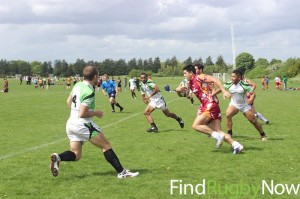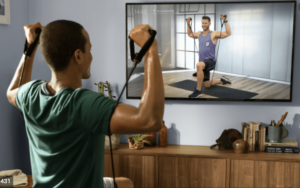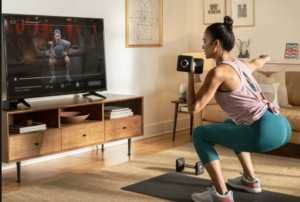 In recent years there has been a culture shift in rugby, which has seen the word “drill” almost vilified. There is a movement especially in youth rugby towards the “let them play” ideal of game sense training.
In recent years there has been a culture shift in rugby, which has seen the word “drill” almost vilified. There is a movement especially in youth rugby towards the “let them play” ideal of game sense training.
It makes sense to practice what you are going to do in the situation that you are going to do it in, doesn’t it?
But what does this do for the role of the coach?
Comparative Approach
Let me take the other sport I’m involved in as an example. I was watching a kickboxing session recently and thought how the approach of “let them play” would work here. After all the participants go to the sport to do the sport in the same way as in rugby. But this was much more structured. The session started with a warm up, ropes and dynamic stretches and the worked into techniques, focussed techniques and then sparring.
To transfer that into rugby speak it was warm up, drills, game sense training and then a match.
Speaking with the instructor he was keen to get skills dialled into those taking part. Repetitive learning you could say, do the technique over and over and over again until it’s hard wired into the individual. This is very much the thinking behind the 10,000 hours of training or the Talent Code (Daniel Coyle) or even the four stages of competence approach. However, this only works if the skill you are repeating is good. If you have good technique you will train your body to do that skill well. Repetitive training of a poor skills makes you very good at a poor skill.
So back to rugby then. As coaches are guided into running sessions which are all very much game sense based, under the coaching qualifications which are run by the RFU, the onus moves to fault identification and methods to correct this within that environment.
 Maybe the solution is to have a “focus area” outside of the game and for coaches to pick out players just to have a quick “refresh” of a skill they are using in the game.
Maybe the solution is to have a “focus area” outside of the game and for coaches to pick out players just to have a quick “refresh” of a skill they are using in the game.
Then it’s a case of re-enforcement of that technique. Look for key words to share which trigger the right inputs for the technique. This requires coaches to be aware of what they are watching and maybe have a few minutes focussing on individual players within a game.
Personally, I fear that the “let them play” approach without some sort of filter will produce players who might not have the best techniques for key skills but have honed them over numerous sessions so they are very, very adept at doing something badly.
Conclusion
As coaches it is our responsibility to ensure that the skill is executed well, in an environment which is fun for the players and reflects what is going to happen in a game. So “Let them play” but remember, as a coach, it is your responsibility to ensure their skills improve and they have good technique.
Note: The use of “focus area” in game sense training is covered more in the book “Mini and Youth Rugby: Complete Guide for Coaches and Parents”.








 When most people hear the word “Peloton” they think of an expensive black bike with shiny red buttons and that controversial commercial where the husband gifted his wife a Peloton for Christmas.
When most people hear the word “Peloton” they think of an expensive black bike with shiny red buttons and that controversial commercial where the husband gifted his wife a Peloton for Christmas. If the app interests you, Peloton is currently offering a 30 day FREE TRIAL, so why not give it a try? Check it out
If the app interests you, Peloton is currently offering a 30 day FREE TRIAL, so why not give it a try? Check it out 

 This article would not be complete, however, if we did not acknowledge some of the delivery issues that have been plaguing Peloton over the last year. Most of the delivery issues seem to affect U.S. deliveries, however, the UK deliveries have been affected as well.
This article would not be complete, however, if we did not acknowledge some of the delivery issues that have been plaguing Peloton over the last year. Most of the delivery issues seem to affect U.S. deliveries, however, the UK deliveries have been affected as well.







